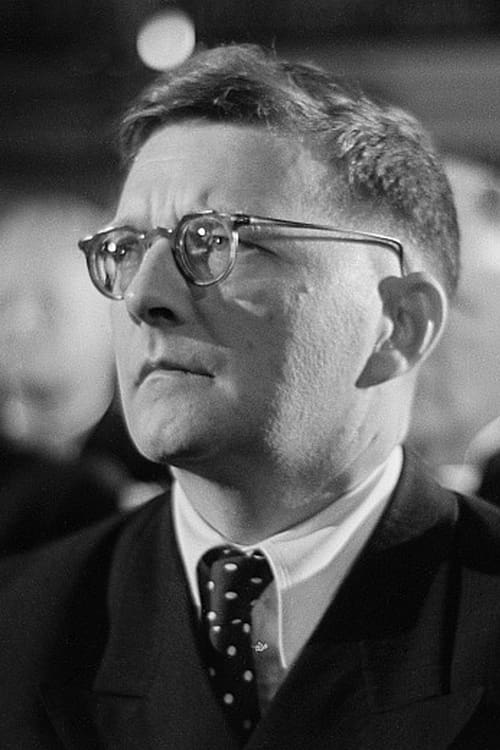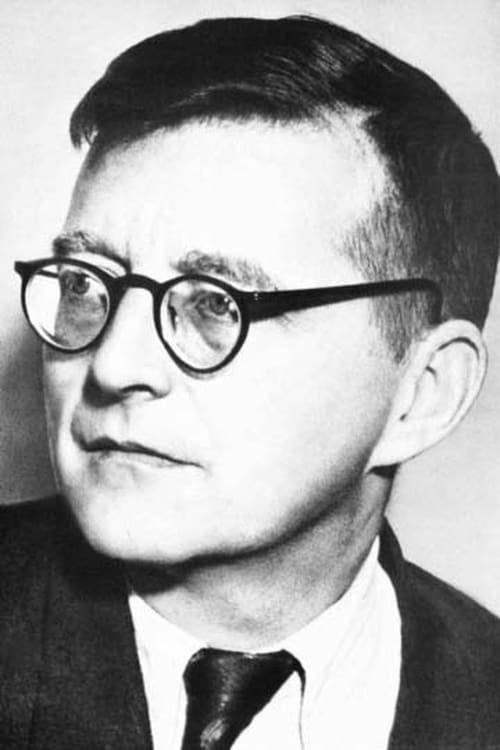
Music
A young burglar gets more that he bargained for when a robs a house...
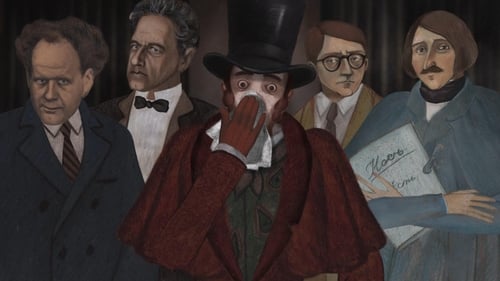
Music
An exploration of 20th century Russia, following the fusing of the Party and the state after the Russian Civil War, which opened the doors to corruption, resulting in the exiling of the left and right opposition. Described using a combination of historical settings, biographies and masterpieces from Russian avant-garde artists, composers and writers from this period in history.

Original Music Composer
The documentary tells about the feat of Leningrad residents, the work of architects and mountaineers, the masking of the city and the preservation of monuments. Thanks to the unique chronicle, drawings and photographs, eyewitness accounts and analysis of historians, fragments and motives of the play " Hecatomb. Siege diary " the film rediscovers the events of the terrible and Holy days of the siege of Leningrad.
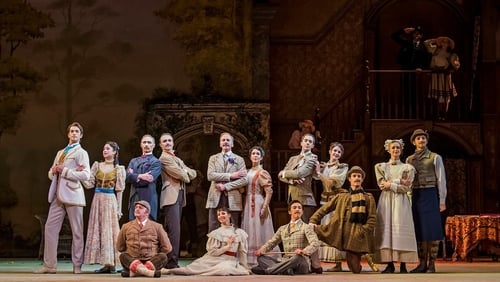
Original Music Composer
From The Royal Ballet’s classical origins in the works of Petipa, to the home-grown choreographers who put British ballet on the world stage, this mixed programme highlights the versatility of the Company. Petipa’s Raymonda Act III is Russian classical ballet summarized in one act, full of sparkle and precise technique, while Ashton’s Enigma Variations is quintessentially British in every way – from its score by Elgar and period designs by Julia Trevelyan Oman, to Ashton’s signature style, the essence of British ballet. Concerto, MacMillan’s fusion of classical technique with a contemporary mind, completes a programme that shows the breadth of the Company’s heritage.

Self (archive footage)

Writer
Of Shostakovich’s initial undertaking – a trilogy on the tragic destinies of Russian women through the ages – only one opera was ever written: the hard-hitting Lady Macbeth of Mtsensk. Although one of the mainsprings of the work, the Shakespearean parallel is here bitterly ironic: unlike Lady Macbeth, Katerina Ismaïlova who, in the remote reaches of rural 19th century Russia, falls in love with one of her husband’s employees and is finally forced to commit suicide, is less a manipulator than a victim of a violent and patriarchal society. Krzysztof Warlikowski liberates all the subversive power of this scorching and scandalous work, which marked the early years of the Opéra Bastille.

Original Music Composer
Of Shostakovich’s initial undertaking – a trilogy on the tragic destinies of Russian women through the ages – only one opera was ever written: the hard-hitting Lady Macbeth of Mtsensk. Although one of the mainsprings of the work, the Shakespearean parallel is here bitterly ironic: unlike Lady Macbeth, Katerina Ismaïlova who, in the remote reaches of rural 19th century Russia, falls in love with one of her husband’s employees and is finally forced to commit suicide, is less a manipulator than a victim of a violent and patriarchal society. Krzysztof Warlikowski liberates all the subversive power of this scorching and scandalous work, which marked the early years of the Opéra Bastille.

Music
Opera in four acts by Dmitri Shostakovich (1906 - 1975) Libretto by Dmitri Shostakovich and Alexander Preis after 'Lady Macbeth of the Mtsensk District' by Nikolai Leskov First performance in Moscow, Stanislavsky-Nemirovich-Danchenko Music Theatre, 8 January 1963

Music
In the 1920’s, The Golden Age cabaret is a favorite nightly haunt. The young fisherman Boris falls in love with Rita. He follows her to the cabaret and realizes that she is the beautiful dancer “Mademoiselle Margot,” but also the love interest of the local gangster Yashka. With its jazzy score by Dmitri Shostakovich and its music-hall atmosphere featuring beautiful tangos, The Golden Age is a refreshing and colorful dive into the roaring 20’s. A historic ballet that can be seen only at the Bolshoi! Captured live on Oct 16, 2016.

Music

Writer
Lady Macbeth of Mtsensk is a powerful work of raw emotional intensity. With themes of adultery and murder, the story follows the downfall of a bored provincial merchant’s wife who seeks solace and excitement in an extra-marital affair. With a bold and contemporary setting, the staging provides the perfect backdrop to this 20th-century opera’s unflinching approach to sex and violence.

Original Music Composer
Lady Macbeth of Mtsensk is a powerful work of raw emotional intensity. With themes of adultery and murder, the story follows the downfall of a bored provincial merchant’s wife who seeks solace and excitement in an extra-marital affair. With a bold and contemporary setting, the staging provides the perfect backdrop to this 20th-century opera’s unflinching approach to sex and violence.

Music
The LSO’s Principal Guest Conductor Michael Tilson Thomas celebrated his 70th birthday in 2015 with a concert focusing on British and Russian music, but with a nod to his native USA. He’s joined by the sensational young Chinese pianist Yuja Wang in Gershwin’s popular Concerto. Michael Tilson Thomas gave the US premiere of Colin Matthews’ Hidden Variables, an LSO commission during Matthews’ time as an Associate Composer with the LSO.

Original Music Composer
"Orango" - prologue to an unfinished opera by Dmitri Shostakovich (1906-1975), conducted by Esa-Pekka Salonen, performed by the Finnish Radio Symphony Orchestra and the Mariinsky Theatre Academy. In the 1920s, Soviet biologist Ilya Ivanovich Ivanov carried out a series of experiments to create a human/nonhuman ape hybrid. Three female chimpanzees were inseminated with human sperm. No pregnancy occurred.. In 1929 he organized a set of experiments involving nonhuman ape sperm and human volunteers, but was delayed by the death of his last orangutan.

Writer
Acclaimed artist William Kentridge directed and designed this visually dazzling Met premiere production of Shostakovich’s satirical opera, adapted from the classic short story by Nikolai Gogol. Baritone Paulo Szot leads the cast as Kovalyov, the hapless bureaucrat whose nose has mysteriously gone missing. Alexander Lewis and Andrey Popov co-star, and Pavel Smelkov conducts.

Original Music Composer
Acclaimed artist William Kentridge directed and designed this visually dazzling Met premiere production of Shostakovich’s satirical opera, adapted from the classic short story by Nikolai Gogol. Baritone Paulo Szot leads the cast as Kovalyov, the hapless bureaucrat whose nose has mysteriously gone missing. Alexander Lewis and Andrey Popov co-star, and Pavel Smelkov conducts.
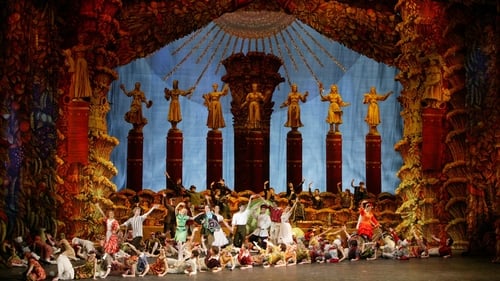
Original Music Composer
During harvest festival at a collective farm, a visiting dance troupe reunites a ballerina with her childhood friend Zina. In order to teach her unfaithful husband a lesson, Zina, the ballerina, and the ballerina’s husband decide to swap roles for the evening… Alexei Ratmansky invokes the genius of Shostakovich’s score at the Bolshoi, creating a laugh-out-loud masterpiece with its bits of slapstick comedy, hilarious deceptions, false identities including Principal Dancer Ruslan Skvortsov dressed as a Sylph and its many colorful characters! The Bolshoi bursts with vivid life and bright spirits in Ratmansky’s brilliantly choreographed smash. Captured live on Apr 29, 2012.

Music
An old man reflects on his entire life. How quickly it all goes by.

Music
"MacMillan's vision has been vital in shaping The Royal Ballet's style and repertory, and what better way to appreciate his art than with this rare chance to experience three contrasting works in a single performance. Abstract, dramatic, humorous - this programme gives a wonderfully varied introduction not just to MacMillan's work but to the beauty and dramatic power of ballet itself. Concerto, to Shostakovich's Second Piano Concerto, contrasts moments of exuberance and elegiac reflection. The Judas Tree places a single woman among 13 men to enact a harrowing event that is recognizably contemporary but with biblical overtones. Elite Syncopations completes the programme with a sparkling evocation of a dance hall that brings ragtime rhythms to the dance, and a ragtime band to the stage.

Writer
At first glance, the title of Shostakovich’s opera seems to speak for itself: Katherina, neglected and unhappy in her marriage, commits the most heinous crime just like the Shakespearian Lady Macbeth. But Nikolai Leskov’s short novel, which portrays Katherina as a monster, was only the starting point for Shostakovich to elicit understanding for an oppressed woman whose pursuit for self-determination is suppressed by society. Through combining satiric, grotesque and tragic elements in his music, Shostakovich succeeds in striking the balance between repulsion at Katherina’s immoral acts and sympathy for her. Violence, eroticism and the paralysing boredom of Russian society in the 19th century are the founding elements of this composition. The choir and orchestra of the Maggio Musicale Fiorentino conducted by James Conlon accompany tremendous soloists such as Jeanne-Michèle Charbonnet, Vladimir Vaneev and Vsevolod Grivnov in the original language in this live recording.

Music
At first glance, the title of Shostakovich’s opera seems to speak for itself: Katherina, neglected and unhappy in her marriage, commits the most heinous crime just like the Shakespearian Lady Macbeth. But Nikolai Leskov’s short novel, which portrays Katherina as a monster, was only the starting point for Shostakovich to elicit understanding for an oppressed woman whose pursuit for self-determination is suppressed by society. Through combining satiric, grotesque and tragic elements in his music, Shostakovich succeeds in striking the balance between repulsion at Katherina’s immoral acts and sympathy for her. Violence, eroticism and the paralysing boredom of Russian society in the 19th century are the founding elements of this composition. The choir and orchestra of the Maggio Musicale Fiorentino conducted by James Conlon accompany tremendous soloists such as Jeanne-Michèle Charbonnet, Vladimir Vaneev and Vsevolod Grivnov in the original language in this live recording.

Self

Original Music Composer
Shostakovich's Lady Macbeth of Mtsensk, a lurid tale of sex, murder, and corruption, premiered in 1934 and was a success until Stalin saw it two years later, resulting in a Pravda review that viciously condemned it. It was later replaced by an expurgated version, now called Katerina Ismailova after the work's principal character. The original version has now reclaimed its place on international stages. The heroine is the daughter-in-law of Boris, a greedy, lecherous merchant, and the frustrated wife of his impotent son. Katerina poisons Boris and when her husband returns she and her lover, Sergei, kill him too, burying him in the cellar. The body is discovered during their wedding party. Haunted by guilt, Katerina confesses and the newlyweds are consigned to Siberia. When Sergei takes up with another woman, Katerina pushes her into the river and then jumps in herself.

Writer
Shostakovich's Lady Macbeth of Mtsensk, a lurid tale of sex, murder, and corruption, premiered in 1934 and was a success until Stalin saw it two years later, resulting in a Pravda review that viciously condemned it. It was later replaced by an expurgated version, now called Katerina Ismailova after the work's principal character. The original version has now reclaimed its place on international stages. The heroine is the daughter-in-law of Boris, a greedy, lecherous merchant, and the frustrated wife of his impotent son. Katerina poisons Boris and when her husband returns she and her lover, Sergei, kill him too, burying him in the cellar. The body is discovered during their wedding party. Haunted by guilt, Katerina confesses and the newlyweds are consigned to Siberia. When Sergei takes up with another woman, Katerina pushes her into the river and then jumps in herself.

Original Music Composer
A stage performance of the Shostakovich opera, filmed at the Gran Teatre del Liceu in Barcelona.
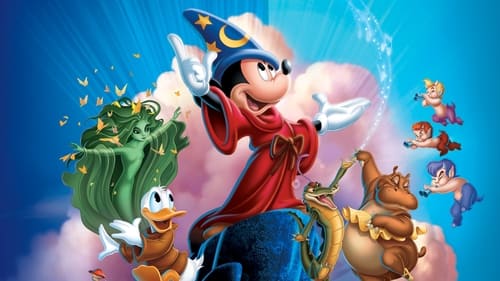
Music
Blending lively music and brilliant animation, this sequel to the original 'Fantasia' restores 'The Sorcerer's Apprentice' and adds seven new shorts.

Music

(archival footage)
Documentary - Filmed at the Musikvereinssaal in Vienna, Austria, this 1986 performance took place at a benefit concert to raise funds for the restoration of the world-famous concert hall. Renowned conductor Leonard Bernstein leads the Wiener Philharmoniker through Russian composer Dmitri Shostakovich's rarely performed Sixth Symphony and his joyous Ninth Symphony. Bonus features include Bernstein discussing his unique take on each of these masterful pieces. - Valery Gergiev, Netherlands Radio Philharmonic, Flora Litvinova

Music
The above narrative, by Simone Weil, the French philosopher and mystic, was written into her last notebook. The places filmed show where she lived and worked during that time. It was 1942-43.

Opera
A young woman, married to a wealthy man, but miserably lonely; trapped within a world ruled with an iron fist. Katerina is driven by a lust for life and for love. Her husband, though, is impotent; her father-in-law a tyrant. No wonder, then, that she longs to free herself from this yoke. When Sergei starts work on the family estate, she sees in him a chance for salvation. However, their subsequent affair marks the beginning of a descent into crime.

Music

Banned by Soviet authorities when it was first completed, this requiem for Russian composer and pianist Dmitri Shostakovich pays homage to the remarkable works and difficult path of the influential artist. Through personal documents, performances and archival footage, this emotional study charts Shostakovich's turbulent life, from his early success to his disgrace under Stalin and his eventual embrace as one of his country's most gifted talents.

Writer
Shostakovich’s satirical opera adapted from the classic short story by Nikolai Gogol. Baritone Eduard Akimov leads the cast as Kovalyov, the hapless bureaucrat whose nose has mysteriously gone missing.

Original Music Composer
Shostakovich’s satirical opera adapted from the classic short story by Nikolai Gogol. Baritone Eduard Akimov leads the cast as Kovalyov, the hapless bureaucrat whose nose has mysteriously gone missing.

Music
On the eve of his wedding, a young doctor leaves Moscow to see his mother who lives in a nature reserve. Things are complicated by the fact that the doctor's ex-girlfriend is also there, and she is expecting a child.
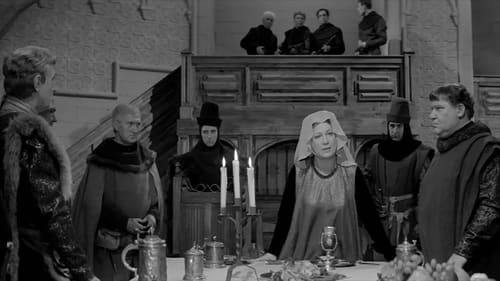
Original Music Composer
King Lear, old and tired, divides his kingdom among his daughters, giving great importance to their protestations of love for him. When Cordelia, youngest and most honest, refuses to idly flatter the old man in return for favor, he banishes her and turns for support to his remaining daughters. But Goneril and Regan have no love for him and instead plot to take all his power from him. In a parallel, Lear's loyal courtier Gloucester favors his illegitimate son Edmund after being told lies about his faithful son Edgar. Madness and tragedy befall both ill-starred fathers.

Original Music Composer
A biopic, looking at one of the major leaders of the assassination of Czar Alexander II.

Music
「アート・アニメーションの神様」として世界中のアニメーターたちから尊敬を集めるロシア人アニメーター、ユーリー・ノルシュテイン監督が1968年に発表したデビュー作。美術監督のアルカージィ・チューリンとの共作で、1920年代のロシア・アバンギャルドアートに着想を得て、ロシア革命で権力者たちが怒れる民衆に打ち倒される姿を鮮烈に描き出す。画家ジョルジュ・ブラックや詩人ウラジミール・マヤコフスキーら熱き時代のアーティストたちの作品をモチーフに、戦いに身を投じた人々の想いを再現した。

Original Music Composer

Original Music Composer
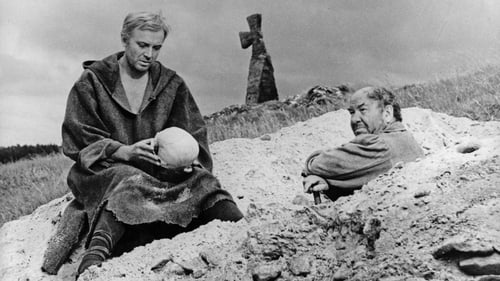
Music
Shakespeare's 17th century masterpiece about the "Melancholy Dane" was given one of its best screen treatments by Soviet director Grigori Kozintsev. Kozintsev's Elsinore was a real castle in Estonia, utilized metaphorically as the "stone prison" of the mind wherein Hamlet must confine himself in order to avenge his father's death. Hamlet himself is portrayed (by Innokenti Smoktunovsky) as the sole sensitive intellectual in a world made up of debauchers and revellers. Several of Kozintsev directorial choices seem deliberately calculated to inflame the purists: Hamlet's delivers his "To be or not to be" soliloquy with his back to the camera, allowing the audience to fill in its own interpretations.
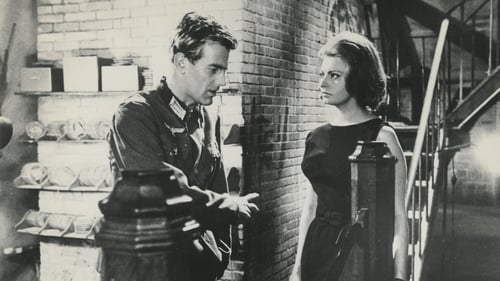
Original Music Composer
A dying German magnate invites his youngest son and daughter-in-law home to discuss the future of the family's shipbuilding empire. There, the daughter-in-law stumbles upon a secret of the family's Nazi past.
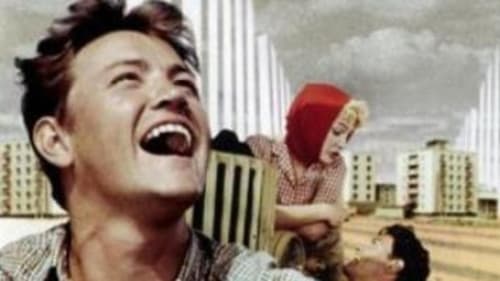
Original Music Composer
Lida Baburova, a tour guide of an architectural museum, unexpectedly receives a warrant for a two-room apartment in the new district of Zarechye, among the new settlers called "our Cheryomushki". Lida and her father go to inspect the apartment, but it turns out that it doesn't exist. The manager of the house, Barabashkin, conducted fictitious documentation, and the Baburovs' apartment merged with the neighboring one, owned by the head of the construction trust Drebednyov.

Music
Experimental filmmaker Rubén Gámez explores the iconography of the maguey plant in Mexican cinematic history.

Music
Five Days, Five Nights (Fünf Tage, Fünf Nächte) takes place in Dresden in the immediate aftermath of the Second World War. While Dresden is in ruins, over two thousand paintings by artists including Rembrandt, Raphael, Rubens, Giorgione, and Vermeer have disappeared from the city’s Old Masters Picture Gallery. Red Army captain Leonov and his soldiers have been ordered to recover the lost paintings. During the next five days, Dresden’s residents join the search for the collection. A secret Nazi document offers a first lead…

Music
Modest Mussorgsky's final opera, left unfinished at the time of this death in March of 1881.
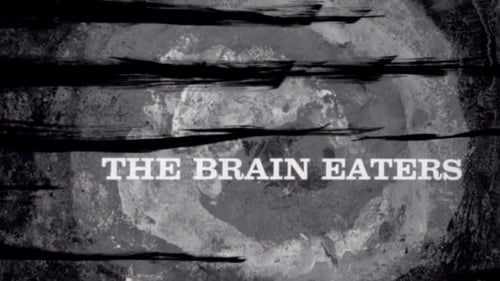
Music
A huge, alien structure resembling an inverted cone, appears in the woods outside a small rural town. Sent from Washington to investigate the origin of the mysterious object, a team of investigators discovers that intelligent parasites from inside the "cone" can attach themselves to humans' nervous systems and control their minds, taking control of the authorities and workers, making communication with the outside world impossible, and leaving the responsibility of stopping the invasion up to seven people who have thus far been able to avoid possession by these creatures from parts unknown.
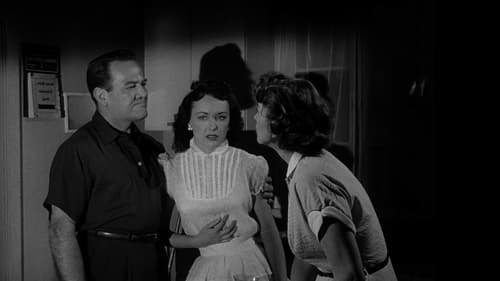
Music
An alien space craft lands in the desert. The alien takes over the minds of some of the local humans and animals and is able to see through them. The animals attack and the terror begins.
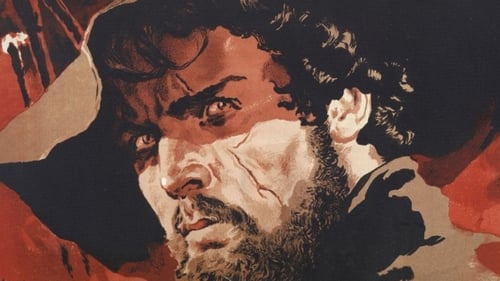
Music
Italy, XIX century. The country is occupied by Austrian troops, the resistance movement is actively developing. Student Arthur Burton is involved in the activities of the underground organization “Young Italy”, envies its leader, Giovanni Bolla, and is jealous of his bride Gemma. He talks about this at a confession to a priest, as a result of which gendarmes take revolutionaries under arrest...

Music
An allegorical documentary about the workers of the world, whose common destinies and hopes for peace are symbolically united by the rivers that run through their respective lands. The film was shot on the Volga, the Mississippi, the Nile, the Yangtze, the Amazon and the Ganges and combines these images of five continents with the music of Dmitri Shostakovich and the poetry of both Bertolt Brecht and Paul Robeson.

Music
A biopic based on the life of Russian literary critic Vissarion Belinsky (1811–1848). The production of the film was completed in 1951, but it was not released until 1953, following the reshooting of various scenes demanded by Stalin.

Music
An unfinished film by Aleksandr Dovzhenko, the film is a political lampoon based on the book entitled The Truth about US Diplomats, written in 1949 by the American writer Annabel Bukar. It exposes the underhanded actions of US Embassy personnel in Moscow at the onset of the Cold War. Dovzhenko managed to shoot only a half of the film, mainly the scenes that take place in the American Embassy.

Music
Soviet and American soldiers are meeting on the shores of the Elbe river in Germany in 1945.

Original Music Composer
About the life of the Russian biologist Ivan Michurin. 1912 year. Having rejected American offers to work abroad, Michurin continues his research in the Russian Empire, despite the fact that his ideas are not perceived by the tsarist government, the church and idealistic science. Michurin is supported by prominent scientists of the country and he continues to work hard. After the October Revolution, a small Michurin garden in the city of Kozlov (the biologist's homeland) becomes a large state nursery.

Music
A biopic based on the life of Russian scientist and doctor Nikolai Ivanovich Pirogov (1810-1881), famous for being the founder of field surgery.

Music
A 1945 Soviet war film which, along with the second part of Eisenstein's Ivan the Terrible was harshly criticized by Andrei Zhdanov and banned. A version of the film, released in 1956 during the Khrushchev Thaw, was disowned by director Grigori Kozintsev because the reediting was done without his participation.
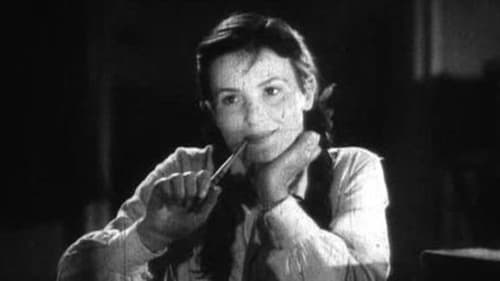
Original Music Composer
The true story of one of Russia's most beloved national heroines. During the Nazi siege of Moscow, a fearless 18-year-old girl named Zoya risked her life as a partisan fighter. Captured by the Germans, Zoya endured unspeakable tortures at the hands of the Gestapo but still refused to betray her comrades. Even on the gallows, Zoya defiantly spoke out against the Nazis and everything they stood for. In a series of flashbacks, this film re-creates not merely Zoya's death, but also her life.

Music
A mouse sings a lullaby to her baby, but he falls asleep, so she ask for help to her neighbors.

Original Music Composer
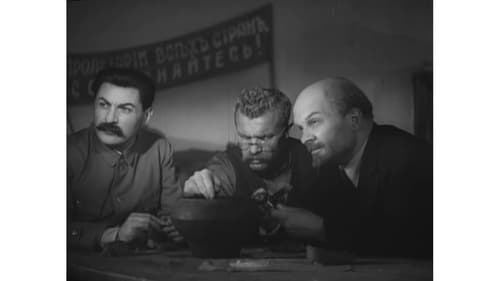
Musician
The story of the Bolshevik revolution through the eyes of a peasant who, as a soldier, gets caught up in the proceedings under the tutelage of Lenin.
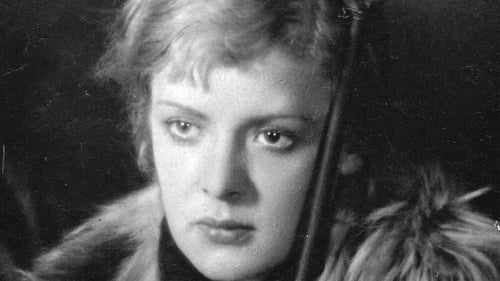
Original Music Composer
Girlfriends Zoya, Natasha and Asya live in Petrograd. Before the Civil War, young heroines are aware of the social injustice of life. When the war begins, the girls are recorded by the orderlies of the working group to protect the Bolshevik Petrograd from the advance of the whites.

Compositor
A mostly lost Soviet Union stop-motion version of this classic fairytale. The only surviving scene is called Bazaar.

Original Music Composer
Shame or Counterplan is a 1932 Soviet drama film directed by Sergei Yutkevich and Fridrikh Ermler. The film’s title-song called "The Song of the Counterplan", composed by Dmitri Shostakovich, became world famous and was adapted into "Au-devant de la vie", a notable song of the French socialist movement of the 1930s. This film could be considered as a Stalin propaganda film. The plot involves an effort to catch "wreckers" at work in a Soviet factory. From Wikipedia, the free encyclopedia

Music
Soviet "proletarian" film about anti-war strike at St Petersburg factory, 1914. Resembles Pudovkin's classic "End of St. Petersburg," made 4 years earlier: backward lad (Poslavsky) from poor village comes to town desperate for work. He's hired as replacement ("scab") worker at big metallurgical factory, which is in the throes of a strike organized by the Bolsheviks (communists). The Bolshevik strikers are led by Ivan Shtraukh (brother of the more famous Russian actor Maxim Shtraukh). At first, the deceitful industrialist's son (Fedosev) involves the naive Poslavsky in an attempt to murder Shtraukh, but the attempt only wounds the heroic organizer. Will Poslavsky follow through with the planned killing, or will he redeem himself by going over to the side of the strikers?

Music
A young teacher is sent to a remote province, separating her from her lover, and sets about the difficult task of building a school there.

Original Music Composer
A lyrical documentary on the lives of Coal miners in the Donbass who are struggling to meet their production quotas under the Five Year Plan.
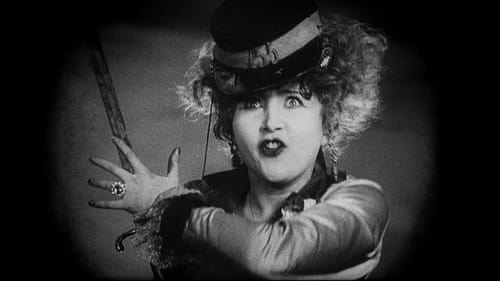
Original Music Composer
In the short-lived Commune of Paris, a conscripted soldier falls in love with a Communard saleswoman. As the army cracks down on the revolutionaries, the soldier is forced to fight against the Commune, and the pair's love is put to the test.
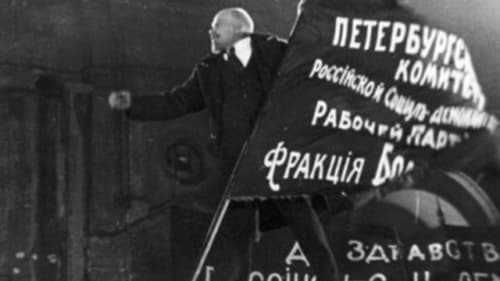
Original Music Composer
Sergei M. Eisenstein's docu-drama about the 1917 October Revolution in Russia. Made ten years after the events and edited in Eisenstein's 'Soviet Montage' style, it re-enacts in celebratory terms several key scenes from the revolution.

Sound
An unnamed man is stuck in a dream and soon things break apart as he realizes he's stuck inside that dream forever
